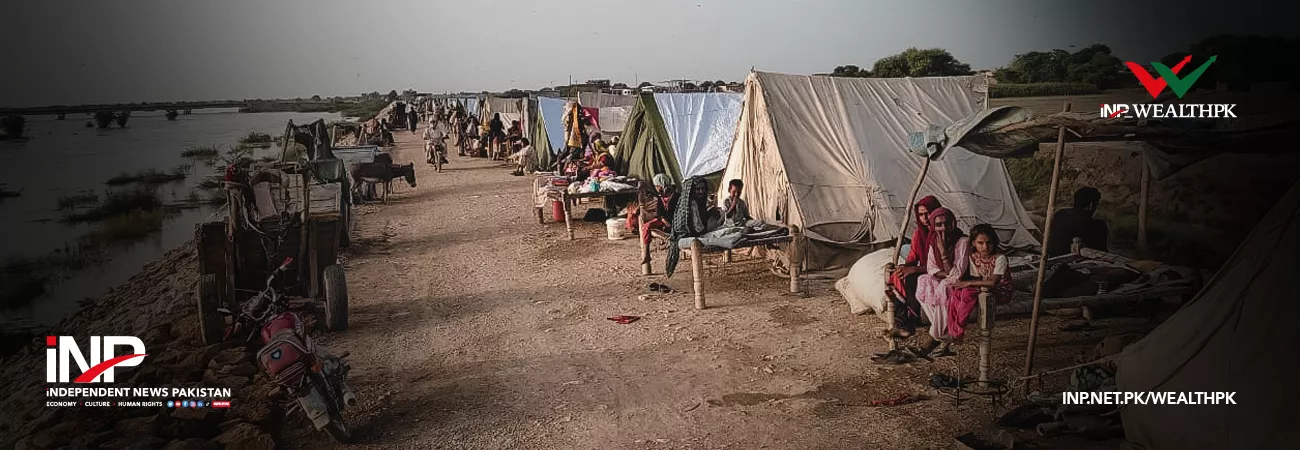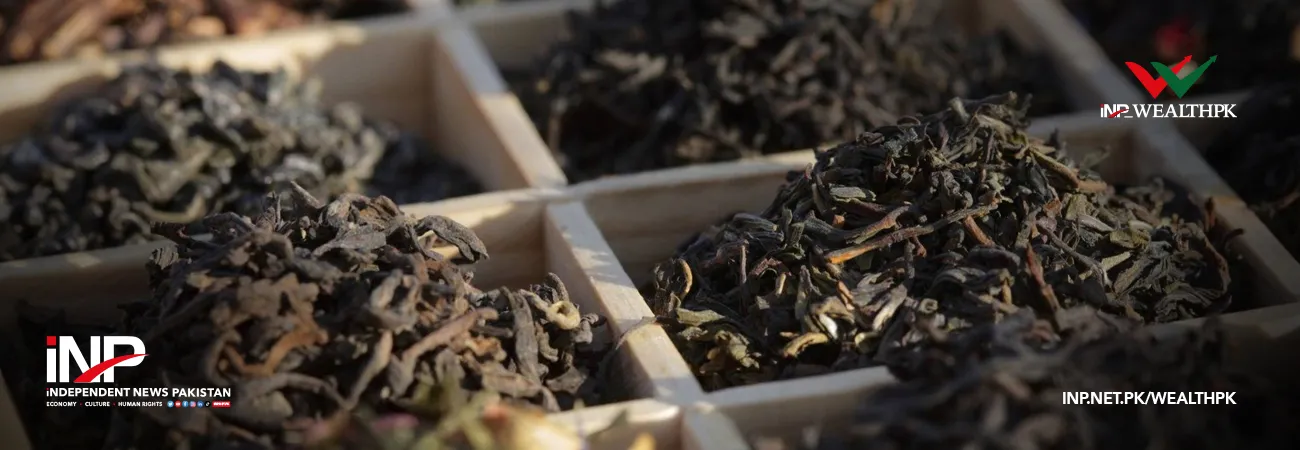INP-WealthPk
Sajid Irfan
The rehabilitation process of Pakistan’s infrastructure, which was badly damaged during recent floods, is in progress with the help of international financial institutions. Recently, the World Bank approved $1.69 billion assistance for the flood-affected areas of Sindh province. This amount is likely to be transferred to Pakistan by the end of this month.

An official of the Ministry of Finance and Revenue said while talking to WealthPK that Pakistan’s infrastructure has been heavily damaged by flooding, particularly in Sindh and Balochistan provinces. He said the WB assistance will cover five major flood-affected projects in Sindh — three projects relate to the rehabilitation of infrastructure, while two are related to the mother and child health.
The official said the government of Sindh has started flood emergency rehabilitation projects worth $500 million. He said these projects will help restore damaged infrastructure, provide short-term livelihood programs, and strengthen the government capacity to respond to disasters. The official said this financing will also cover road and transport infrastructure, which was affected due to floods, impeding mobility, livelihoods, trade and commerce, access to health, education and other public services.
The Sindh government also plans to start a flood emergency housing reconstruction project, which will be beneficial for owner-driven and multi-hazard resilient rebuilding of housing units. A housing subsidy will be provided to reconstruct and restore 350,000 housing units in Sindh. “A community level ‘cash for work’ program will be started, which will help generate short-term income opportunities for 100,000 households, and will also provide skills attaining opportunities which will be a source of their income,” he added.

The official said that Sindh’s cotton crop was destroyed on large swaths of lands affected by floods which further dented the local economy. “Total loss in Sindh is estimated at Rs297.316 billion,” the official said. “The education sector of Sindh was also badly affected by flooding, and nearly 16,000 schools were damaged,” the official said.
He said that without flood management actions, both structural and non-structural, flood-prone areas receive low levels of investment in both the farming and non-farming sectors. He said proper utilisation of the available resources can reduce poverty and improve quality of life, thereby reducing the vulnerability of people.
Credit : Independent News Pakistan-WealthPk













